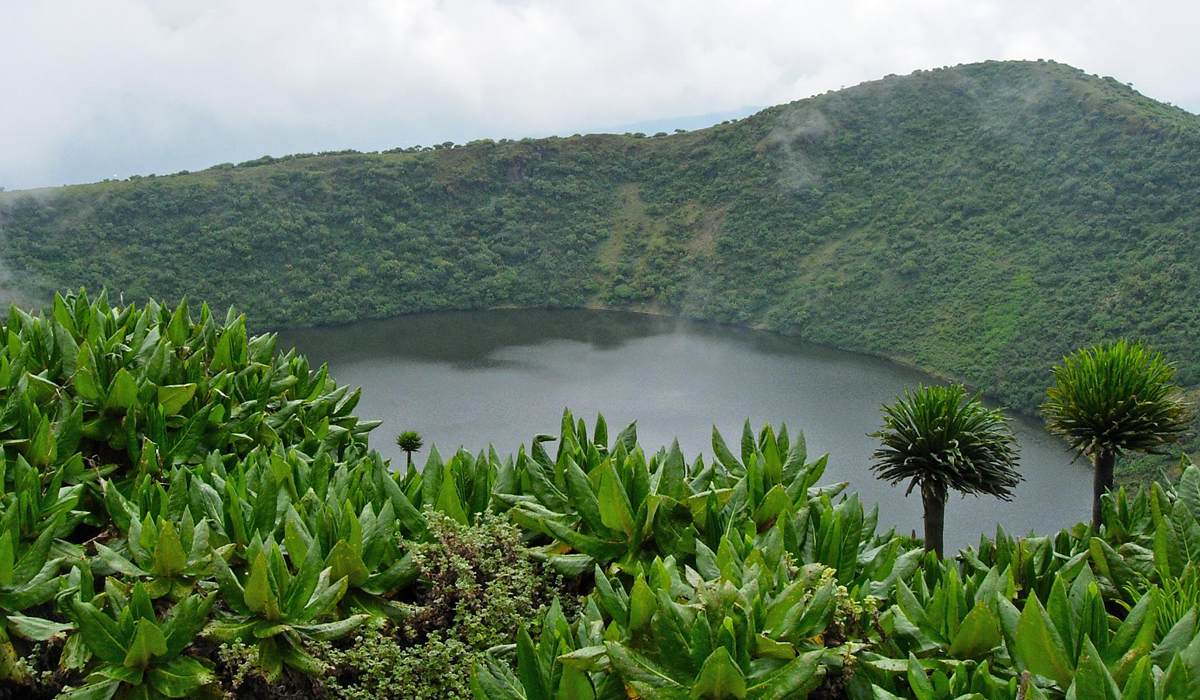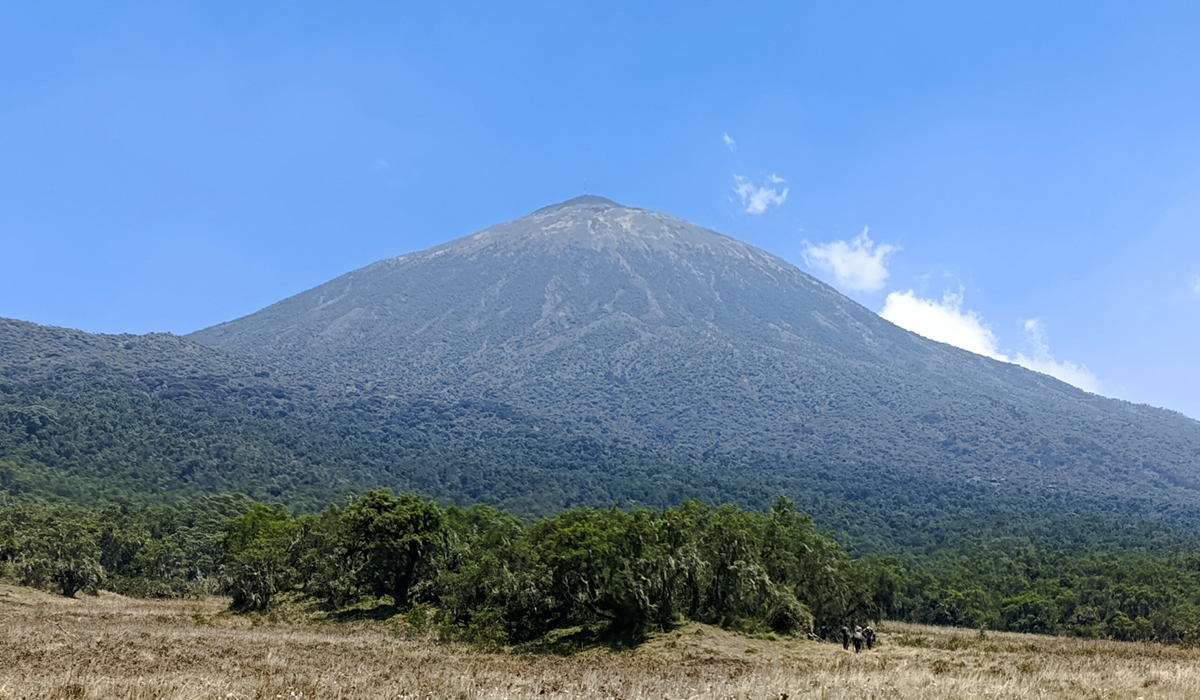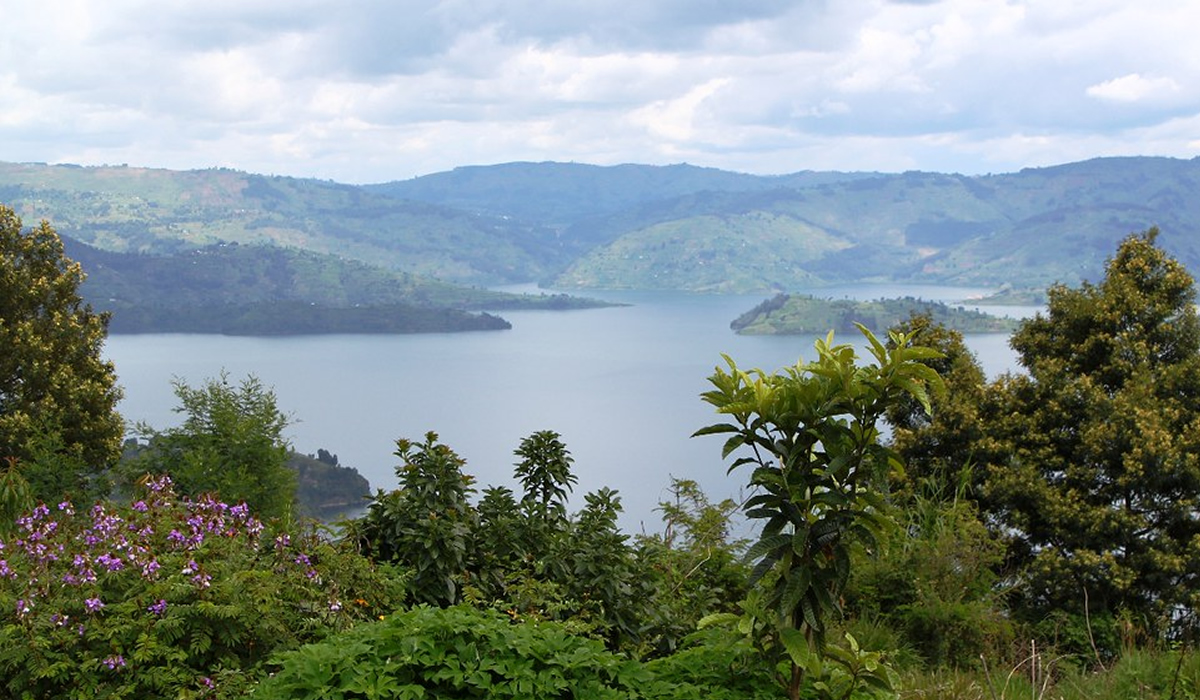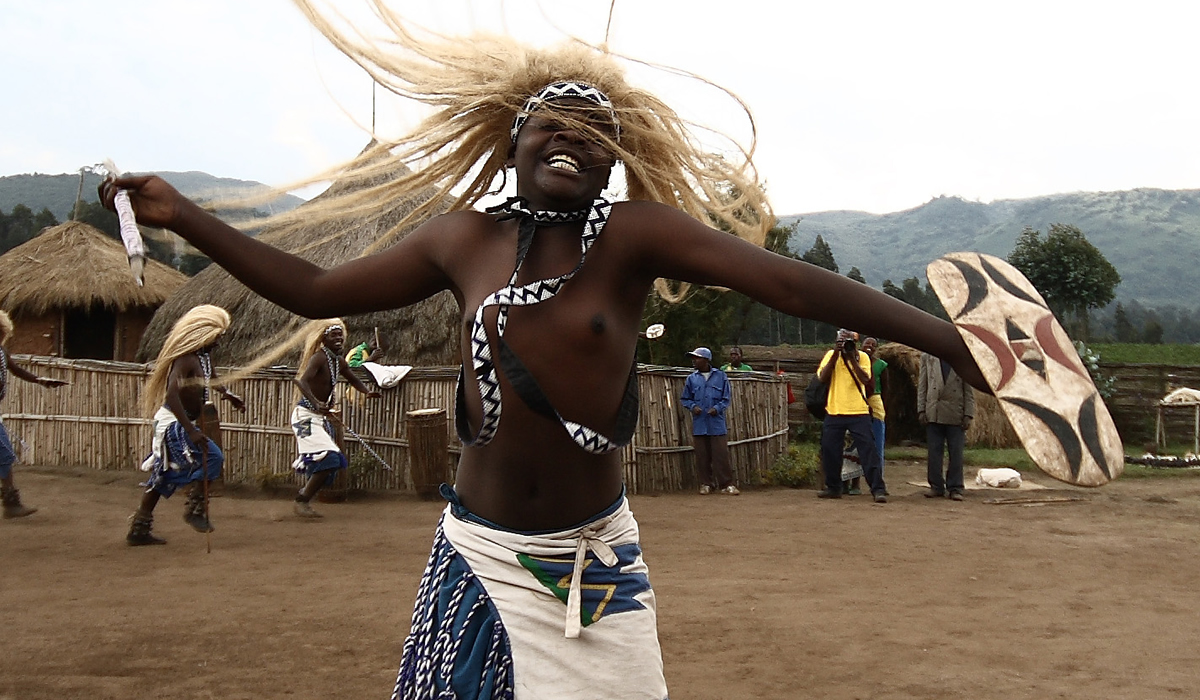Mount Bisoke Hiking Tour is one of the most popular and rewarding volcano hikes in…
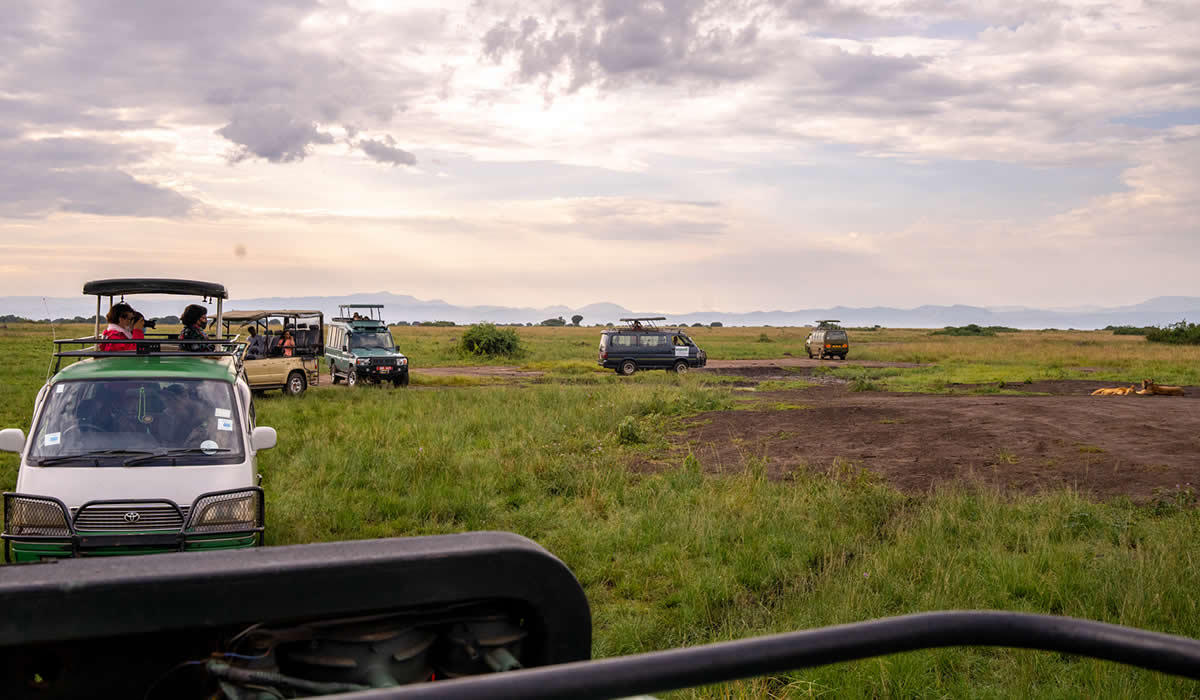
Planning a trip to Uganda, the Pearl of Africa, is an exciting endeavour filled with the promise of breathtaking landscapes, vibrant wildlife, and rich cultural experiences. Whether you’re dreaming of trekking to see mountain gorillas in Bwindi Impenetrable National Park, embarking on a thrilling safari in Queen Elizabeth National Park, or exploring the bustling streets of Kampala, understanding the cost of travelling in Uganda is essential for a seamless adventure. At Verdant Safaris, we’re here to guide you through budgeting for your Uganda travel experience, ensuring you can explore this East African gem without breaking the bank. This comprehensive guide breaks down the average cost of travelling in Uganda including accommodation, transportation, food, activities, and more, while incorporating travel tips to help you save money and make the most of your journey.
Why Visit Uganda?
Uganda is a moderately priced destination compared to its East African neighbors like Kenya and Tanzania, offering a unique blend of affordability and unforgettable experiences. Known for its lush rainforests, snow-capped Rwenzori Mountains, and the source of the Nile River, Uganda is a haven for adventure seekers and nature lovers. From gorilla trekking and chimpanzee tracking to white-water rafting and cultural tours in Kampala, the country delivers a diverse range of activities that cater to various budgets. By planning wisely, you can enjoy a budget-friendly trip or indulge in luxury without overspending. Let’s dive into the key cost of travelling in Uganda factors to consider for your Uganda safari.
Accommodation Costs in Uganda
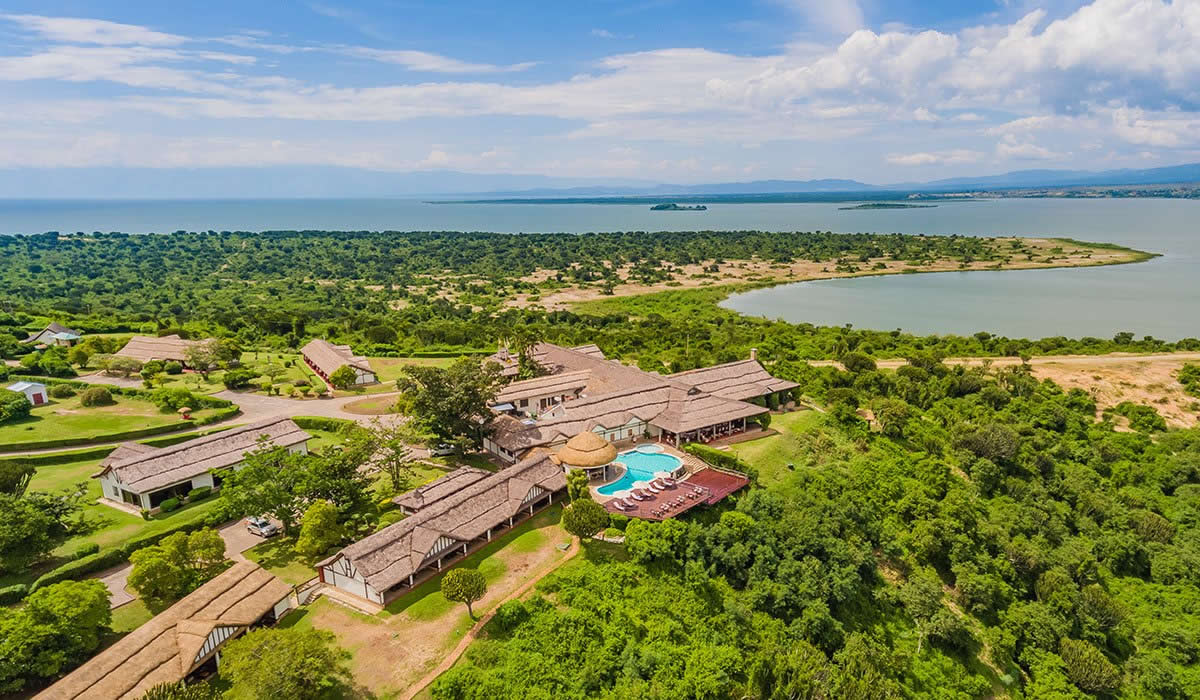
Accommodation in Uganda ranges from budget hostels to luxurious lodges, allowing travelers to tailor their stay to their financial comfort zone. In cities like Kampala, Jinja, and Entebbe, budget travelers can find hostels and guesthouses for $5–$15 per night. These options often include shared dorms or basic private rooms with amenities like Wi-Fi and breakfast. Mid-range hotels, ideal for couples or families, typically cost $20–$75 per night, offering comfortable rooms, en-suite bathrooms, and sometimes a pool. For those seeking luxury, 5-star lodges and hotels, particularly near national parks like Bwindi or Murchison Falls, range from $80–$300 per night, providing top-tier amenities like gourmet dining and guided tours. Booking in advance through Verdant Safaris can secure competitive rates, especially during the low season (March to May and September to December), when prices may drop. Accommodation options are a big determinant in the cost of travelling in Uganda.
In rural areas and near national parks, accommodation options vary. Budget campsites and bandas (basic cottages) are available for $10–$30 per night, while mid-range safari camps cost $50–$150. Luxury lodges, often used for gorilla trekking or safaris, can exceed $200 per night but offer an immersive experience with stunning views and personalised service. To save money, consider staying in budget accommodations in urban areas and splurging on a mid-range lodge for a special safari experience. Always check for package deals that combine lodging with activities, as these can reduce overall costs.
Transportation Costs in Uganda
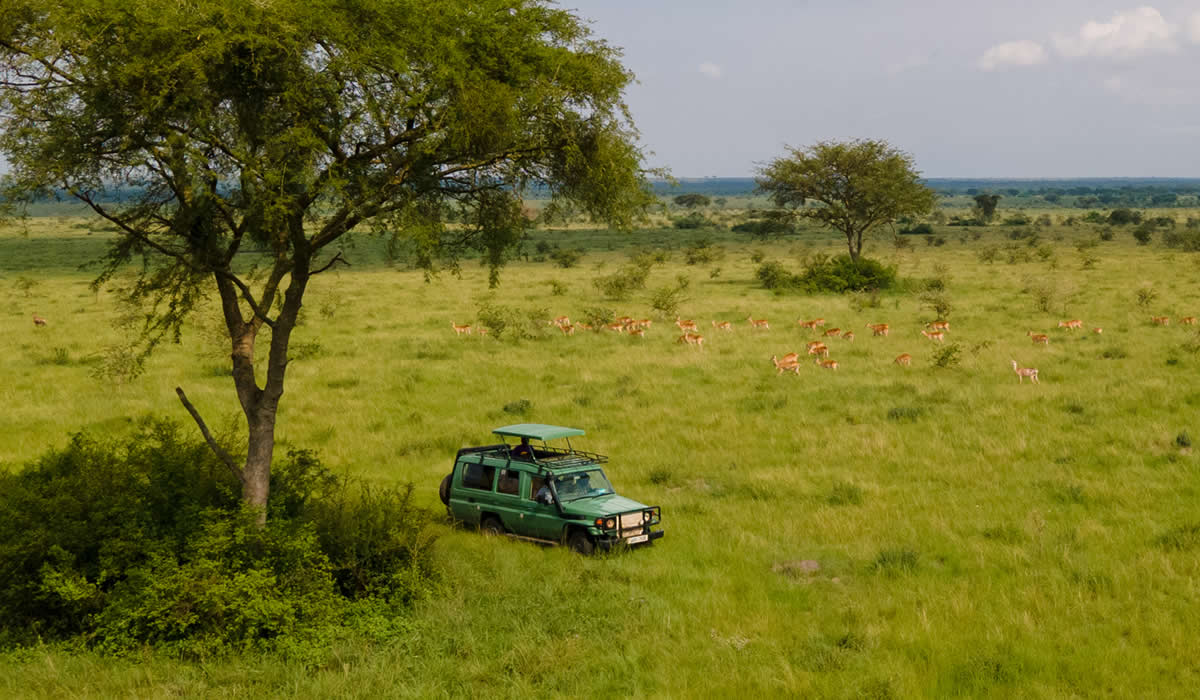
Getting around Uganda is surprisingly affordable, with options ranging from public transport to private car hires. Boda bodas (motorbike taxis) are a popular and cheap way to navigate cities like Kampala and Jinja, costing $1.50–$2 per ride. While convenient, exercise caution, as boda bodas can be risky due to reckless driving; opt for app-based services like Safe Boda or Uber for safer rides at similar prices. Matatus (local minibuses) are another budget-friendly option, with fares ranging from $0.20–$0.50 for short trips within cities or $1–$3 for intercity travel. These minibuses are often crowded and lack fixed schedules, so plan for flexibility.
For long-distance travel, coach buses like Post Bus, Gaa Gaa Buses, or YY Coaches connect major cities like Kampala to Mbale, Fort Portal, or Gulu, with fares around $5–$15 for journeys of 5–10 hours. If you prefer independence, renting a car through Verdant Safaris or local agencies costs $40–$150 per day, depending on the vehicle type (e.g., a Rav 4 or SUV). Fuel prices fluctuate but average $1–$1.50 per liter, and a two-week self-drive trip might require $200–$300 in fuel. For a hassle-free experience, consider hiring a driver-guide, which adds $20–$50 per day but ensures navigation ease and local insights. Flights to Uganda, such as return trips from Europe or North America to Entebbe, typically cost $800–$1,500, so book early for deals.
Food and Drink Expenses
Eating in Uganda is a delight for both your taste buds and your wallet. Local diners and street food stalls offer hearty meals like matoke (steamed bananas), posho (maize porridge), and rolex (a chapati-egg roll) for $1–$3. In national parks, a three-course meal at a lodge costs $15–$25 per person. Mid-range restaurants in Kampala serve international and Ugandan dishes for $5–$15, while upscale venues charge $20–$40 for a meal with drinks. A local beer, like Nile Special, costs $1.50–$2, and a 0.5L bottle of water is about $0.34. For budget travellers, sticking to local eateries can keep daily food costs below $10. Tipping isn’t customary but appreciated; a $0.50–$1 tip per meal or $2–$3 for guides is generous and supports local staff.
Mobile money, widely used in Uganda, makes paying for meals and small purchases easy. Register for MTN or Airtel mobile money with a local SIM card ($1–$2) to streamline transactions. For a unique experience, try Uganda Waragi, a local gin sold in affordable 60ml sachets ($0.50–$1), perfect for budget-conscious travellers enjoying a nightcap.
Activity and Excursion Costs
![]()
Uganda’s biggest draw is its wildlife and adventure activities, which can be the most significant expense. Gorilla trekking in Bwindi or Mgahinga National Park costs $800 per person for a permit, allowing a one-hour encounter with these majestic creatures. Chimpanzee trekking in Kibale Forest is more affordable at $150–$200 per permit. National park entry fees, such as for Queen Elizabeth or Murchison Falls, are $40 per person per day. Game drives and boat safaris in these parks cost $20–$50 per person, depending on group size and duration. For adrenaline junkies, white-water rafting on the Nile in Jinja costs $100–$150, while cultural tours or visits to the Source of the Nile range from $10–$30.
To save on activities, prioritize one or two bucket-list experiences, like gorilla trekking, and complement them with free or low-cost activities, such as hiking in the Rwenzori Mountains or exploring Kampala’s markets. Booking through Verdant Safaris can bundle permits, transport, and guides, often reducing costs compared to arranging each element independently. Apply for gorilla permits six months in advance, as they sell out quickly during peak seasons (June–August and December–February).
Visa and Connectivity Costs
Most visitors require a visa to enter Uganda, costing $50 for a single-entry e-visa, valid for 90 days. Apply online through the Uganda Immigration website to avoid fraudulent portals. A yellow fever vaccination certificate is mandatory and checked upon arrival. Staying connected is affordable, with a local Airtel SIM card offering 5GB of data for $5. ATMs are widely available in towns, but carry cash (Ugandan Shillings) for rural areas, as many places don’t accept cards. Bank of Baroda ATMs are recommended for no-fee withdrawals with foreign cards.
Budgeting Tips for Uganda Travel
- Travel in Low Season: Visit during the rainy seasons (March–May, September–December) for lower accommodation and activity costs.
- Use Public Transport: Save on transport by using matatus and buses for intercity travel.
- Eat Local: Opt for street food and local diners to keep food costs low.
- Book in Advance: Secure gorilla permits and accommodation early to avoid price hikes and availability issues.
- Pack Smart: Bring essentials like a power bank, as electricity is limited in rural lodges.
Sample Budget for a One-Week Trip
For a solo budget traveller, expect to spend $50–$100 per day ($350–$700 per week), covering hostels, local food, public transport, and one major activity like chimpanzee trekking. A mid-range couple might spend $1,500–$2,000 for a week, including mid-range hotels, car hire, and gorilla trekking. Luxury travellers could spend $3,000–$5,000 for two, with high-end lodges and multiple safaris. These estimates exclude international flights.
Plan Your Uganda Adventure with Verdant Safaris
At Verdant Safaris, we specialise in crafting affordable, tailor-made Uganda tours that balance adventure and budget. Whether you’re a backpacker or seeking a luxury safari, our team ensures a seamless experience with expert guides and competitive pricing. Contact us at +256 791 254 750 or visit our website to start planning your dream trip or to know more about the cost of travelling in Uganda. With careful budgeting and our support, you can explore the Pearl of Africa without financial stress, creating memories that last a lifetime.


